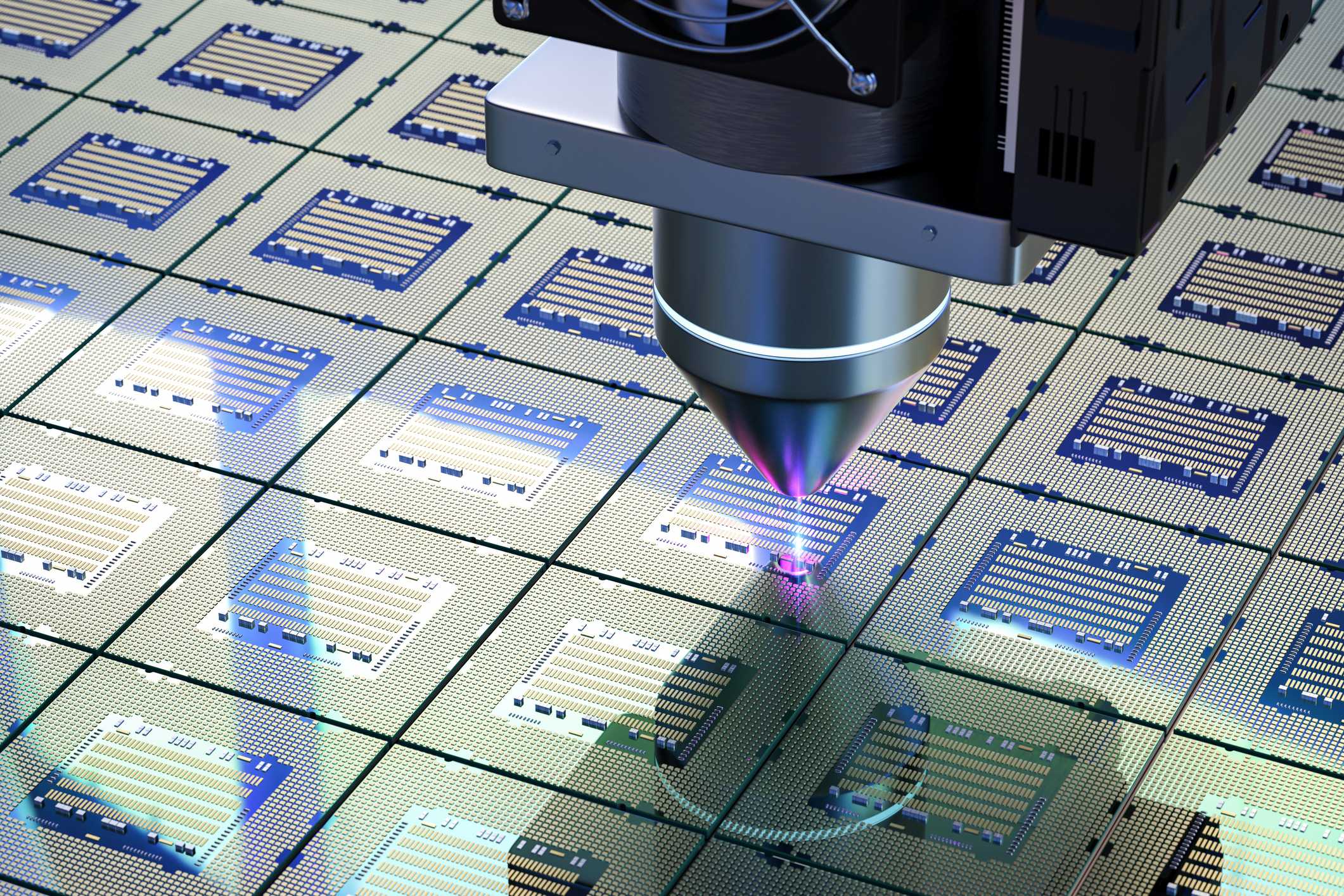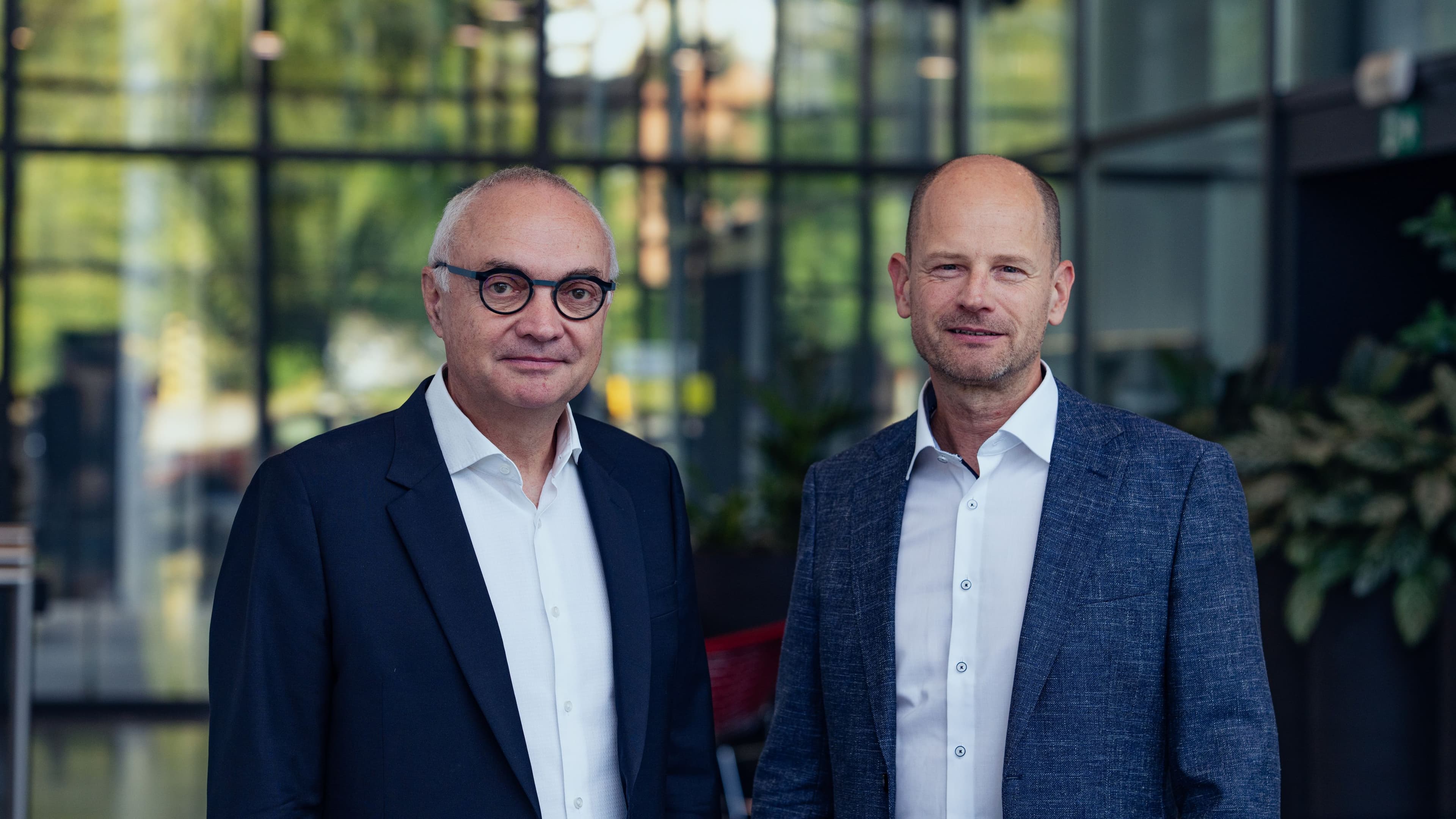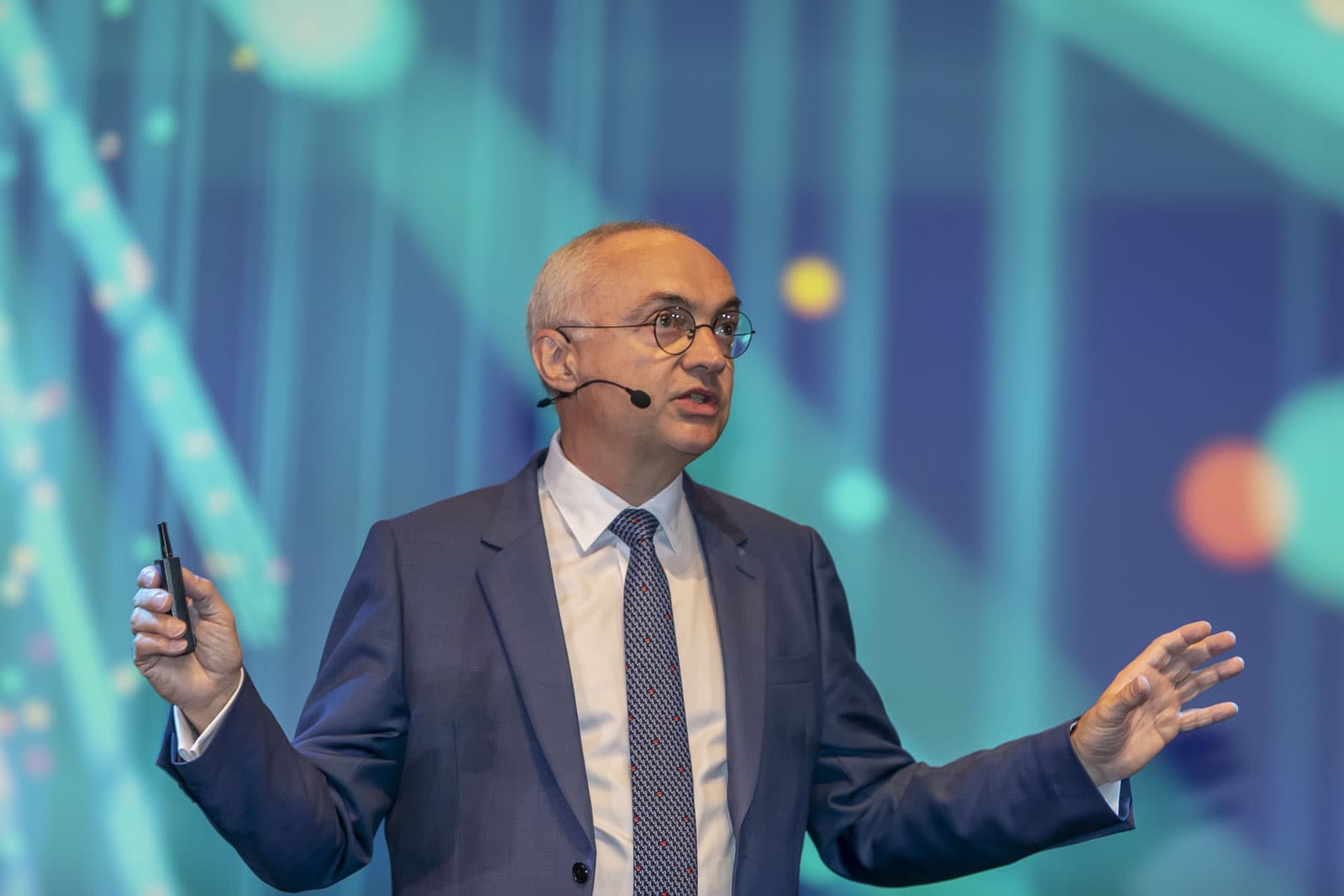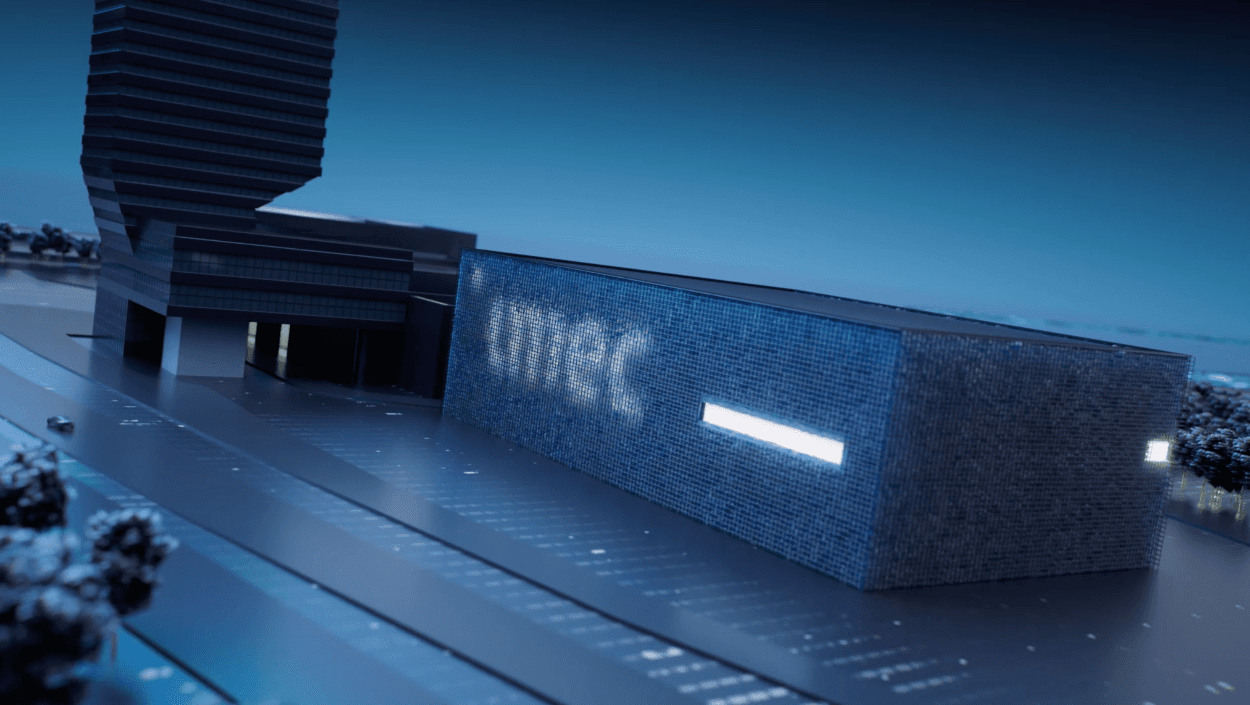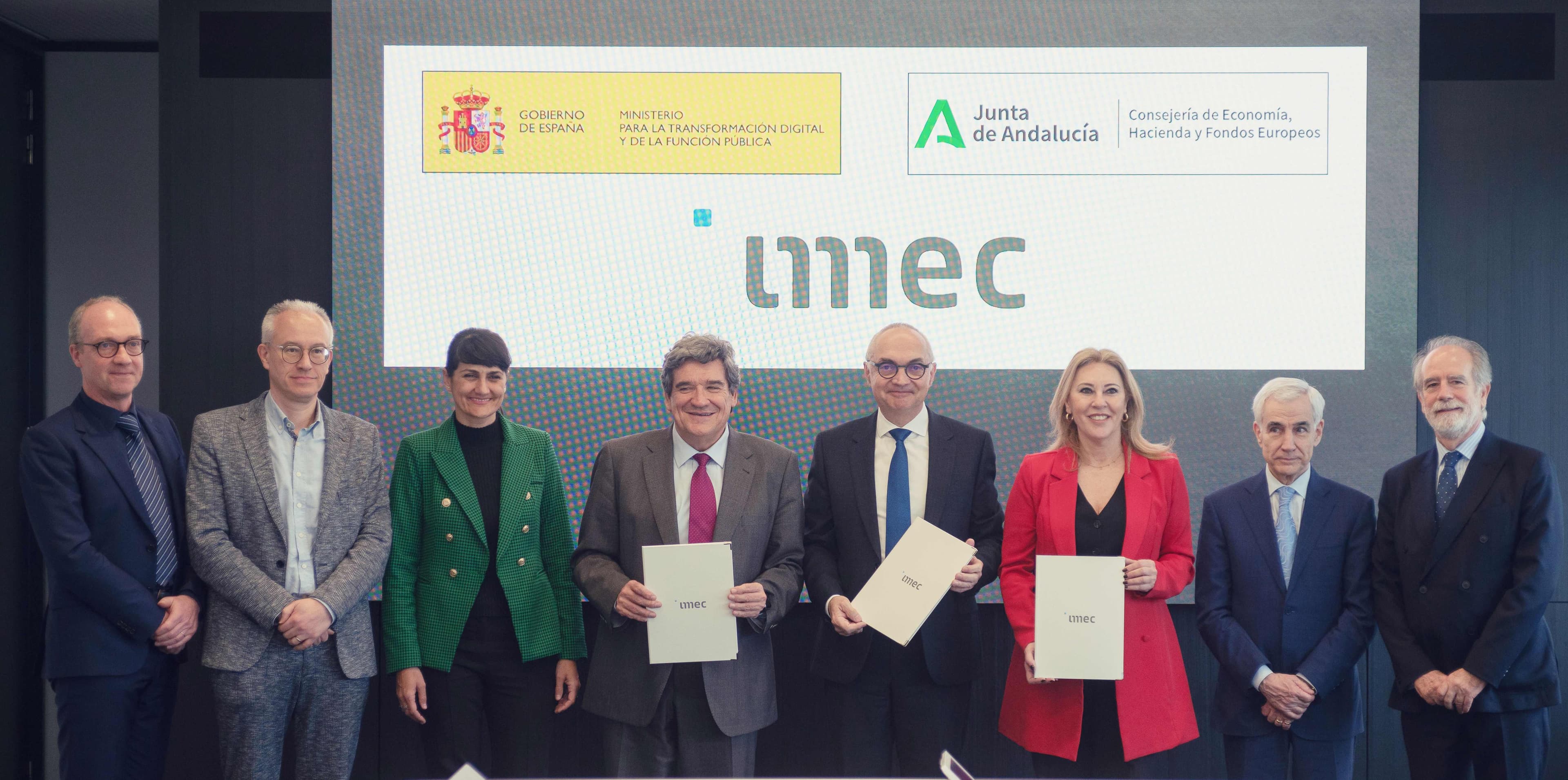Imec and TNO present comfortable, disposable health patch with impressive battery life
This month, at the Consumer Electronics Show (CES 2019) in Las Vegas, we presented the latest version of our health patch, developed in collaboration with TNO, in the framework of the Holst Centre in Eindhoven, the Netherlands. A crucial technology improvement in this new generation health patch is the integration of a wide range of sensing capabilities into our MUSEIC V3 system-on-chip solution. As a result, the health patch can be produced at a fraction of the cost of its predecessor and is much more energy-efficient, with a battery life of up to 7 days. The significant cost reduction implies that the patch can now be used as a disposable solution, an important benefit for ambulant patient monitoring. Read the full press release about the new health patch or download this leaflet for more information on the MUSEIC V3 all-in-one chip solution.
Imec.icon open call: kick-start your cooperative research project
Collaboration is the fastest way forward. Our imec.icon research program is a successful formula for demand-driven, cooperative research on hardware and/or software innovations. For two years, multi-disciplinary research teams of scientists, industry partners and/or social profit organizations work together to develop digital solutions that can then find their way into the market. Imec.icon currently has an open call, so don't hesitate and submit your abstract before March 14!
Curious about previous projects? Browse through the imec.icon portfolio with over 50 completed projects in various application domains and markets, including healthcare, industry 4.0, mobility, smart cities, energy, media, and education.
Towards preventative healthcare: a photonic-based device to detect arterial stiffness and cardiovascular diseases
Cardiovascular disease is among the leading causes of death globally. Early identification of individuals at risk is key, but as of yet, no tools are available to easily screen large numbers of patients. This month, imec and its partners in the CARDIS Horizon 2020 project presented a prototype medical device based on silicon photonics to simplify the screening. By projecting laser light on the skin above an artery, the device can measure arterial stiffness and detect potential cardiovascular diseases. INSERM (the National Institute for Health and Medical Research in France) recently completed a successful clinical feasibility study with the device. For more detailed information, you can read this press release.
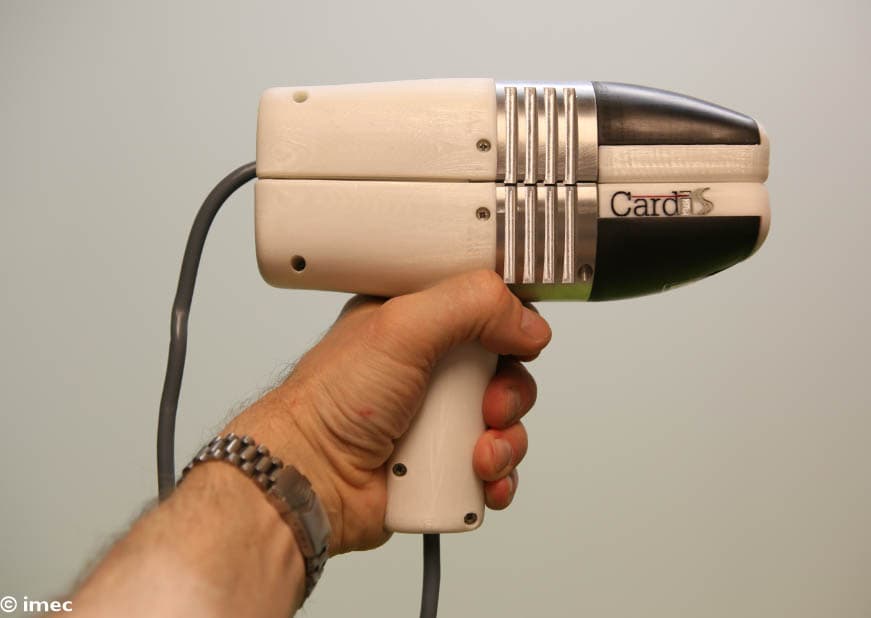
A photonic-based device to detect arterial stiffness and cardiovascular diseases
Europractice service extended into Horizon 2020 project NEXTS
Europractice has supported the European academic sector with design tools and IC prototyping for almost 30 years. Now the project – a collaboration between imec, SFC-UKRi, Fraunhofer ISS, CMP, and Tyndall – has received new funding as a Horizon 2020 project, named NEXTS. The existing Europractice services – previously mainly targeted at academia – will now be extended to SMEs as well. In this way, imec and its partners want to contribute to the growing digital economy in Europe. For more information, check the press release or the Europractice website.
Imec researchers win best paper award at 2018 IWLPC conference
At the IWLPC Conference 2018, the International Wafer-Level Packaging Conference, imec researchers won the best paper of the conference award and the best 3D track paper award with the paper "High Density and High Bandwidth Chip-to-Chip Connections with 20µm pitch Flip-chip on Fan-Out Wafer-Level Package”. This new concept basically uses a mold-first approach, but the dies are now over-molded after the formation of the chip-to-chip interconnections. With the new approach, an ultrahigh chip-to-chip interconnect density can be achieved. The packaging technology is especially attractive for mobile applications. If you want to know more about the advantages and challenges of this approach, you can request the full paper here.
Congratulations to Arnita Podpod, Dimitrios Velenis, Alain Phommahaxay, Pieter Bex, Ferenc Fodor, Erik Jan Marinissen, Kenneth June Rebibis, Andy Miller, Gerald Beyer and Eric Beyne for their award-winning paper!
Published on:
1 February 2019



